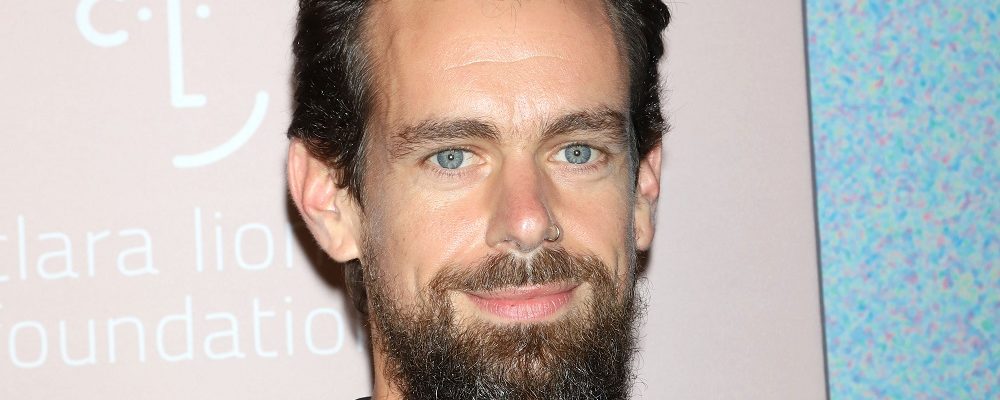A current trend for US tech chiefs to flaunt their avoidance of food has elicited a stern rebuke from New York brand strategist Arwa Mahdawi.
In a column for The Guardian, [1] Mahdawi picks up on a recent tweet from Twitter co-founder and CEO Jack Dorsey, in which he discussed his use of dieting to become a better leader: “Been playing with fasting for some time,” he wrote. “I do a 22 hour fast daily (dinner only), and recently did a 3 day water fast. Biggest thing I notice is how much time slows down. The day feels so much longer when not broken up by breakfast/lunch/dinner. Anyone else have this experience?” [2]
In response, Mahdawi writes: “I have! I’ve had lots of experience with the various side effects of fasting because I did it a ton as a teenager: it was called ‘anorexia’. And it wasn’t fun. It wrecked my health and took me years to recover.”
Linking to a previous Guardian piece that examined US tech guru Phil Libin’s habit of fasting for anything between two and eight days at a time, [3] Mahdawi raises concern over “the way these behaviours are glamourised, particularly in Silicon Valley, where a number of high-profile tech execs extol the transformative power of extreme fasting”.
In parallel, she notes, “compulsive measuring behaviours associated with eating disorders, including obsessively tracking your calorie intake and exercise, have been normalised by fitness tracking apps and the Silicon Valley ethos that constant self-examination leads to self-improvement”.
For insights into the physical effects of these behaviours, Mahdawi quotes from University of Southern California Longevity Institute director Dr Valter Longo, who believes that, in general, fasting can be highly beneficial – acting as a biological ‘reset’.
“There is very little doubt that fasting 12 to 13 hours a day is safe,” he says, “but things get a little more complicated when you fast 16 to 18 hours.” On a graver note, he adds: “We’re no longer cavemen – we’re not equipped to be doing extreme, water-only fasting diets. Your blood pressure can go very low. It’s very dangerous stuff.”
The US tech world’s inclination towards fasting and other diet fads is part of a wider phenomenon known as ‘biohacking’, whereby individuals experiment with a range of different methods – from supplements and injections to special implants – with the aim of becoming more effective workplace performers.
Reflecting on Mahdawi’s piece, Jezebel columnist Maria Sherman writes: “Fasting, extreme fasting as biohacking, whatever they want to call it, is disordered eating by its clearest definition. The last thing anyone needs is the belief that they could become more successful through extreme dieting. That messaging already exists in countless forms, especially for women.” [4]
Given their high profiles, wouldn’t these influential tech CEOs do their fellow professionals a better service by promoting more common-sense ways to boost their health and wellbeing?
The Institute of Leadership & Management head of research, policy and standards Kate Cooper says: “There’s no disagreement whatsoever about the vital impact that nutrition has on people’s health. Indeed, the more we learn about nutrition’s effects, the more significant its role seems to be. So taking an interest in how your workforce nourishes itself is all part of the wellbeing-at-work equation.”
She notes: “It’s important to remember how pivotal leaders and managers are as role models – and that influence doesn’t just extend to work-related behaviours. If we consider the outlook of younger, more impressionable staff who are new to the workforce, they will be more likely to idolise leadership figures, to emulate them, and to think that those people represent what they themselves want to be in five or ten years’ time.
“This was captured beautifully in the satirical TV show W1A, in which the head of values used a fold-up carry bike to cycle to work – so the new intern started to do exactly the same thing. As a younger worker, you’re angling to become part of the club. You’re identifying with your bosses.”
Cooper argues: “Let’s not try and legislate to prevent leaders from adopting extreme-dieting positions, if that’s what they genuinely want to do as individuals. However, if they hold up their personal choices as evidence that they have claimed some sort of moral high ground, then they are underestimating the impact that could have upon some of their more impressionable – mainly junior – colleagues.”
She adds: “Eating disorders are a serious problem for many people – for example, according to figures from last November, the number of boys seeking treatment for these issues has doubled in the past seven years. [5] So I would certainly endorse Maria Sherman’s comments, here: the notion that extreme dieting or fasting is a behaviour that needs to be emulated is, at best, flawed – and, at worst, rather alarming. If senior figures want to adopt such fads, then it would be helpful for them not to make such a virtue of it.”
For further insights on the themes raised in this blog, check out the Institute’s resources on the healthy workplace
Source refs: [1] [2] [3] [4] [5]
Image of Jack Dorsey courtesy of JStone, via Shutterstock

